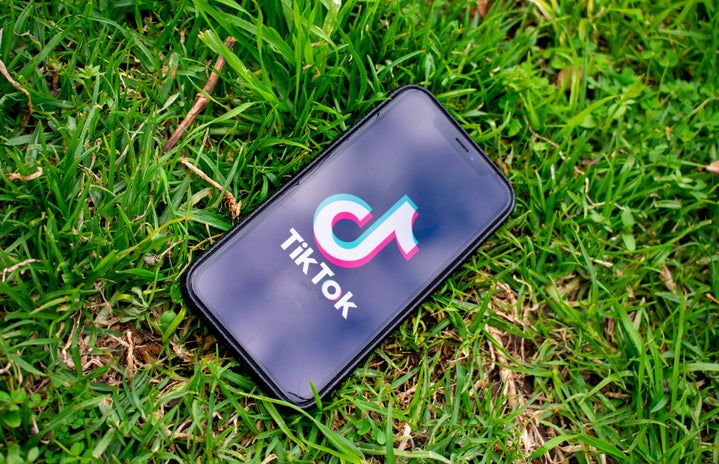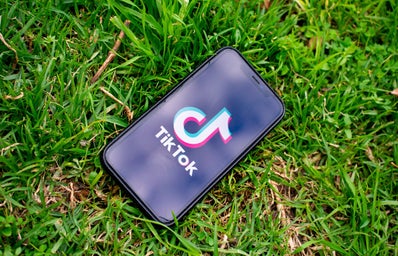In a small segment of the March 26 episode of The Tonight Show with Jimmy Fallon, social media personality Addison Rae was brought on to teach Jimmy Fallon eight viral TikTok dances — dances that she did not create. As clips from this segment circulated, many social media users expressed their outrage over the show’s failure to credit and highlight the original choreographers of each dance — who were mostly Black. In response to this outrage, Fallon brought some of the original dancers onto the show virtually to talk about their dances and perform them on April 6.
This sequence of events has become very prominent recently. In short, a celebrity or influencer will do something that is deemed problematic, social media users will condemn this act and the celebrity will attempt to rectify it.
This type of condemnation often borderlines complete beratement or bullying, and in everyday situations, it would be heavily frowned upon. But with celebrities, the standard for how to approach their behavior is much different. Not only do we have more access to celebrities because of social media, but people often feel emboldened to speak freely because they are behind a screen.
When celebrities act in off-putting manners, they are almost bound to be hit with an array of unfiltered assessments on their character, intentions and integrity as a human being. In theory, these types of responses are no better than the actions that brought them about, but in the application, it often works. When public figures and brands are hit with massive amounts of backlash for their actions, it often forces them to reassess what they did and be more thoughtful.
We now live in a world where people care more about the morals of who and what they support. They also care about the implications of the actions of their favorite figures. Consumers do not want songs, productions, and other items to be thrown together — they want equitable representation, thoughtful intention and nuanced thinking.
People, regardless of fame or status, are human beings with feelings. But, consumers and viewers are more critical of art, and they do not hesitate to write unflattering think pieces and comments about the work in question.
So, is it okay to bully celebrities when we feel as though it is for a “good cause?”
I would venture to say that bullying is never “okay,” but until it becomes clear that those with power will act with care for those who give them platforms, it will continue to be used as a tactic.
Maybe bullying is not the “correct” answer, but it is certainly an answer.



